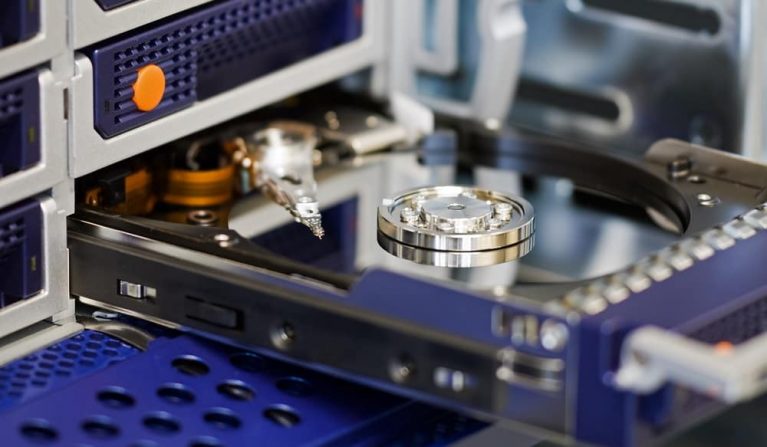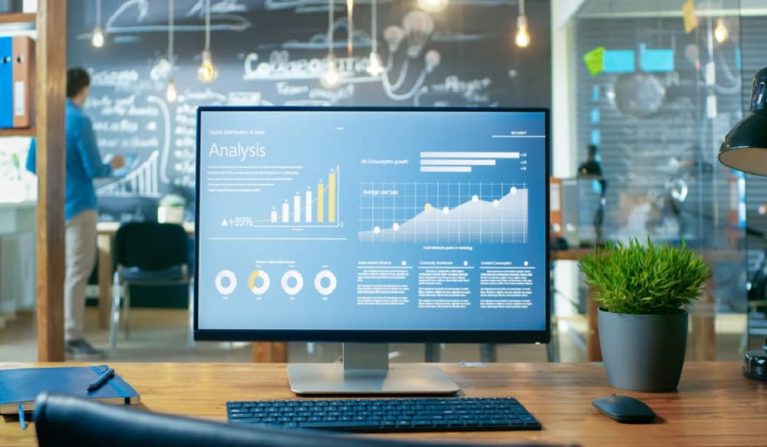How secure are your Computer’s windows?
When it comes to home or small business security, it is difficult to find a dependable source. Large organizations usually have devoted IT staff responsible for securing the corporate network and preventing third parties from hacking data or installing ransomware. Lets find out how secure your Computer’s windows are.

The worst time to think about the computer security on your network is after a disastrous event. It is best to be proactive, which is why we put together this post for you.
By following the steps outlined here, you will be able to understand which security vulnerabilities are the most imperative and build a security baseline based on that information. Unfortunately, this is not a “one and done” task. Online attackers are being identified and the threat is constantly changing. Maintaining effective security requires constant attentiveness and effort. This is why you will also require an equally secure internet connection for some of these steps. Cox, a prominent name in the market, offers a secure internet connection, through its cable system. Cox internet plans and packages steal the show with their economical rates, which can also be customized. Additionally, their customer service, which is available around the clock provides prompt information in case of any issues.
Privacy and security are contingent on an operating system that protects your system and data since its launch and provides basic protection from the chip to the cloud. Windows 11 is the most secure version of Windows, with comprehensive security processes intended to keep you safe. These measures include built-in progressive data protection and encryption, system security, strong networks, and intelligent protection against ever-changing threats.
How do you secure your windows PC?
Hardening a PC means tweaking your security settings. This decreases the chance of any kind of cyberattacks such as hackers, ransomware, or hackers.
Consider the security of your computer, with all your financial, business, or personal information just like you would think about securing your home. Secure your windows computer is like locking the doors and reassuring that they are bolted right. It makes it harder for hackers to break into.
It can be helpful to leave your house open or not lock the front door. This way you save yourself the hassle of holding keys or even doorknobs. However, is that not contrary to common sense that we live by daily? We are taught from an early age to close and latch the door when we go.
Leaving your door open is like inviting just about anyone into your home. You will make yourself an easy target for robbers.
Best Practices for securing windows
Many features or settings that we have on our computers act like “doors“. There are numerous ways and means to access your PC like doors that you can close and bolt. Alternatively, you can also leave these doors open, leaving your home vulnerable for anyone to come in and access or alter your PC or personal information however they want.
Having access to your computer means, they can steal or delete your information. They can have your hard drive encrypted with ransomware and threaten to delete your data if you do not pay the money. They can put in malicious code that will destroy your entire system. Or connect to any computer on your corporate network and wreak havoc on your business. Here are a few steps to take to avoid this and secure your windows:
1. Disallow automatic login
One of the first settings that you should modify or analyze on your PC is the login.
When you first install a new Windows PC, you will be required to make a user account. Your new account is set to auto-login on startup by default. If you are mostly at home or do not have any sensitive information stored then this may not seem like a significant issue. However, this can pose a serious security menace if someone can gain access to your computer and then gain direct access to your company system or stored data. This is particularly vital when you are traveling with a laptop and taking it to places like airports, coffee shops, or outdoor co-working spaces.
Depending on your company’s security policy, your employer may also require this.
It is easy to turn it off, so you can disable auto-login in a few steps.
2. Firewalls
On newer versions of Windows operating systems, your firewall is facilitated by default. This makes things easier. You are probably all set then. But it will not take up much time to look at the settings and make sure the firewall is not disabled.
Windows Firewall is an integrated network security system. It is intended to prevent unsanctioned access from or to your network.
Network firewalls are often used to prevent unapproved Internet users from accessing private systems linked to the Internet, specifically intranets. All incoming or outgoing messages on the intranet move through the firewall. Which inspects each message and blocks anyone that does not meet the identified safety criteria.
3. Antivirus protection tools
You can avert malicious codes and viruses with the already installed tools in Windows 10. You can also put in other antivirus software if needed. Business editions of “Windows 10 include Windows Defender Advanced Threat Protection,” a safety channel that uses behavior sensing tools to analyze endpoints. Microsoft SmartScreen technology is one other built-in article that checks for downloads and blocks those that seem malicious.
4. Password Manager
If you often forget the email address you used to create your account or forget your password, the password manager will make your life easier. Windows on your browser may have some password-saving features, but in the information security world. We recommend to use an exclusive password manager. It is like going from a small safe in your home to an excellent bank vault.
Password managers let you make a master password for your “box” of sensitive accounts and credentials. Good ones can automatically add new passwords, synchronize with your computer or phone, generate strong passwords and auto-fill.and let you share a particular password with colleagues or friends.
As hackers get better at stealing or deciphering passwords, tech companies are pushing us to make our passwords stronger and more complex. It also means that more and more people are reusing passwords. However, if a password is stolen in a data breach, it can give unscrupulous attackers access to multiple accounts containing personal or financial data.
Secure your Windows: Conclusion
Using the above recommendations will increase your security when using the Windows operating system. Your online experience will be easier and you can protect your personal data at any time. Make sure you have a routine in place that will keep your Windows perpetually secure.





